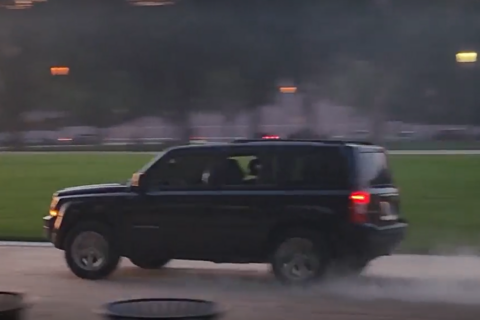From how much you’re going to make to how to safely recycle batteries, here are some new D.C. laws going into effect on Jan. 1.
The living wage in D.C. will go up to $16.50 on Sunday. Later in the year on July 1, the minimum wage will increase to $17, triggering an increase to the living wage for non-tipped workers to the same rate.
Also, on Jan. 1, any health benefits plan issued after Dec. 31, 2022, must provide coverage for the cost of medically necessary food. These foods must be ordered as necessary by a provider for certain diseases or conditions.
As part of the total eight maximum weeks of paid leave currently available, D.C. workers will be eligible to get up to two weeks of paid medical leave for their own serious health condition starting Jan. 1. Employees will also be eligible to receive leave for more than one qualifying event per year, within the eight maximum total paid weeks.
Approved battery stewardship organizations (producers of covered batteries and battery-containing products sold or offered for sale in the District) have to get their battery stewardship plan to the Department of Energy and Environment by Jan. 1. And starting Aug. 1, residents will only be able to dispose of primary or rechargeable batteries in the District through a battery recycling program or other approved means.
Another law going into effect is the use of the District’s 311 to request service for dockless vehicles, such as e-bikes or scooters. By the first of January, the dockless vehicle company must provide information on how to report an illegally parked device to D.C.’s 311
At the beginning of the year, retail food stores with a floor area of at least 10,000 square feet, as well as colleges and universities with at least 2,000 residential students, must follow food waste requirements, including ensuring proper storage for food waste on site.
The Parking Cashout Law requires District employers with 20 or more covered employees that offer a parking benefit (free or subsidized parking) to their employees to either offer a Clean Air Fringe Benefit to employees receiving the benefit, develop a transportation demand management plan, or pay a Clean Air Compliance fee. As of Jan. 1, employers must report to the District Department of Transportation with details of how they comply or their basis for being exempt from the requirements by Jan. 15, 2023.








